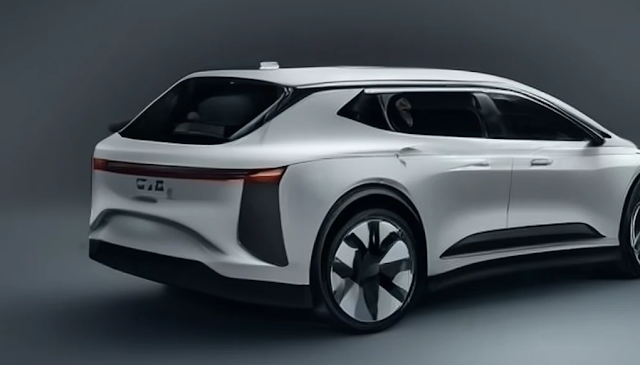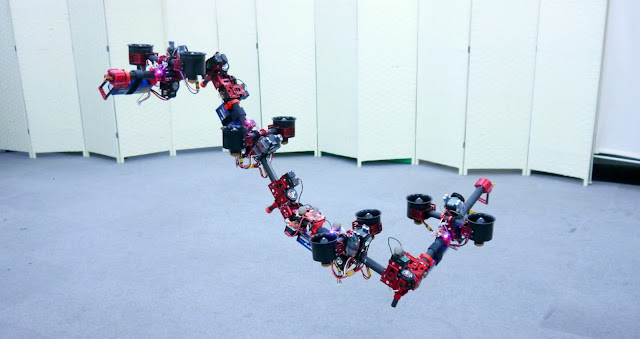Driving Towards the Coming Future: The Electric Revolution in the Automotive Industry
Introduction
In recent times, the automotive industry has witnessed a revolutionary shift towards sustainability and effectiveness. At the front line of this changeover are electric cars, vehicles powered by electricity stored in high-capacity batteries rather than traditional fossil energies. With their pledge of reduced outflows, enhanced performance, and a greener future, electric cars are reshaping the way we think about transportation. In this blog post, we'll dig into the varied aspects of electric motorcars, from their environmental benefits to the advancements in technology that are propelling them forward.
1. Environmental Benefits
One of the most significant advantages of electric motorcars is their positive impact on the surroundings. Unlike internal combustion engine( ICE) vehicles that emit dangerous gases like carbon dioxide, nitrogen oxides, and particulate matter, electric cars produce zero tailpipe outpourings. This reduction in outflows can significantly contribute to enhancing air quality and combating climate change. As the world grapples with the challenges of global warming, electric buses offer a promising result by reducing our carbon footprint and reliance on fossil energies.
2. Cost Savings
While the direct cost of electric motorcars might be more advanced than their gasoline counterparts, they offer substantial cost savings over their lifetime. Electricity is generally cheaper than gasoline, making the cost of running an electric motorcar lower. additionally, electric cars have smaller moving components than traditional vehicles, which means lower upkeep costs. There is no need for oil changes, and braking systems undergo lower wear and tear and tear due to regenerative deceleration. Over time, these savings can neutralize the original investment.
3. Technological Advancements
The quick advancements in battery technology have been a driving force behind the success of electric cars. Lithium-ion batteries, which power most electric vehicles( EVs), have become more energy-dense and affordable, resulting in increased driving ranges and better performance. also, ongoing exploration into solid-state batteries and other innovative energy storage results promises indeed more significant enhancements in the future. As battery technology evolves, electric cars will grow more accessible to a broader range of consumers.
4. Charging Infrastructure
A critical element of the electric car revolution is the development of a robust charging architecture. Charging stations are getting more expansive, with governments, private companies, and communities investing in their expansion. The convenience of home charging, coupled with the accessibility of fast-charging stations for longer trips, is addressing the" range anxiety" that has been a concern for possible electric car buyers. As charging technology continues to enhance, electric motorcars are getting more practical and user-friendly.
5. Performance and Driving Experience
Electric motorcars are frequently praised for their immediate torque delivery, giving fast acceleration and a smooth driving experience. The absence of motor noise and vibrations adds to the serene journey, contributing to overall driving comfort. High-performance electric cars have begun to challenge traditional sports cars in terms of speed and acceleration, dissipating the notion that electric vehicles are lacking in excitement.
Conclusion
The age of electric cars is indisputably upon us, and the transition from internal combustion motors to electric motors is well underway. As governments worldwide set ambitious outpouring reduction targets and automakers continue to invent, electric cars are poised to become the norm rather than the exception. The environmental benefits, cost savings, technological advancements, expanding charging structure, and enhanced driving experience each contribute to the growing popularity of electric cars. By embracing this electric revolution, we can steer towards a cleaner, more sustainable future for generations to come.



Comments
Post a Comment